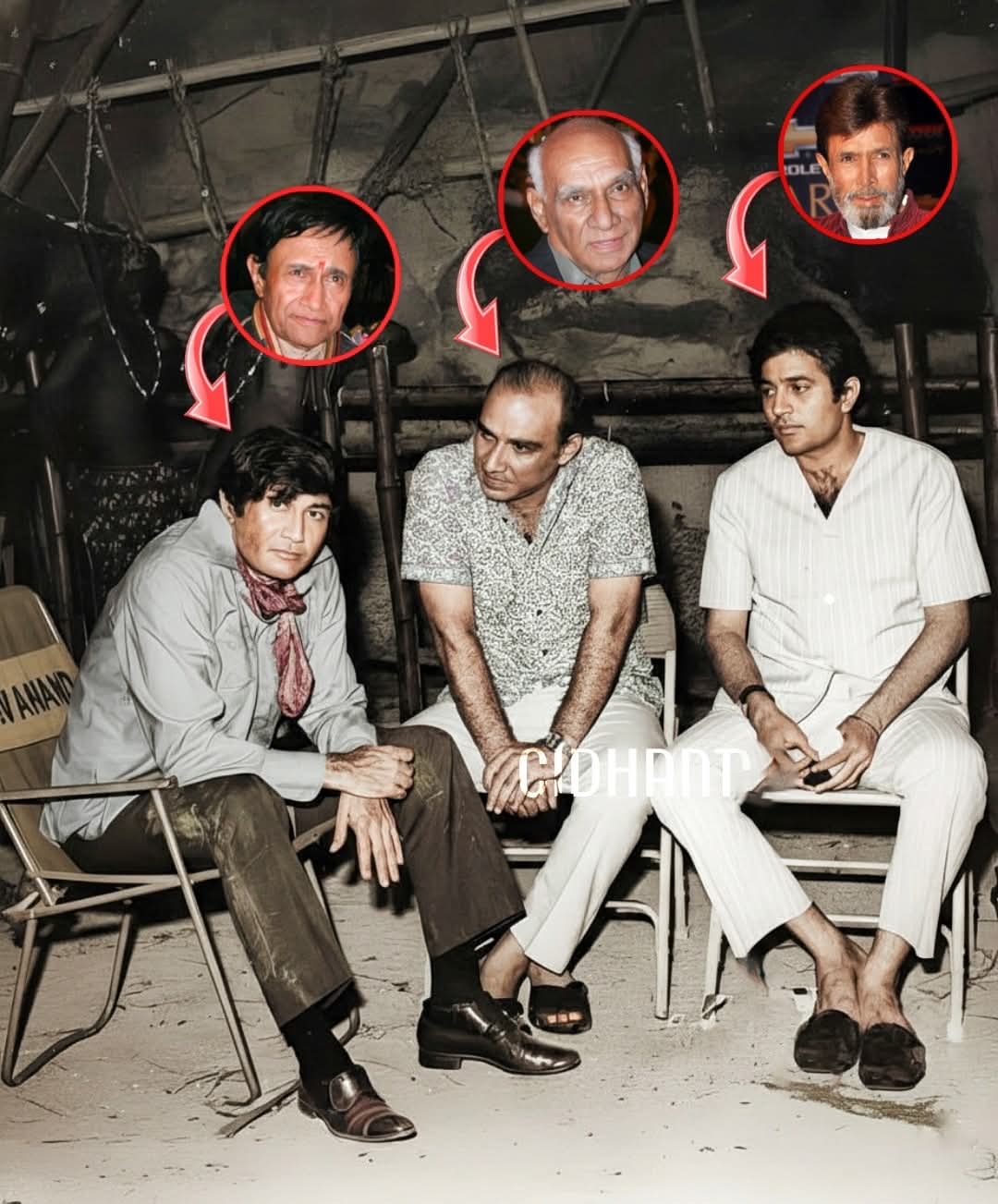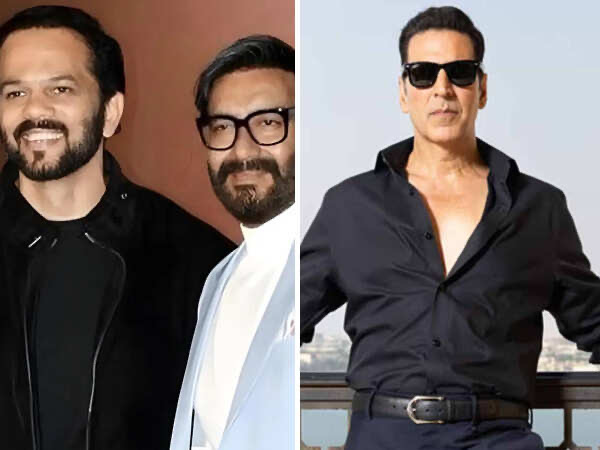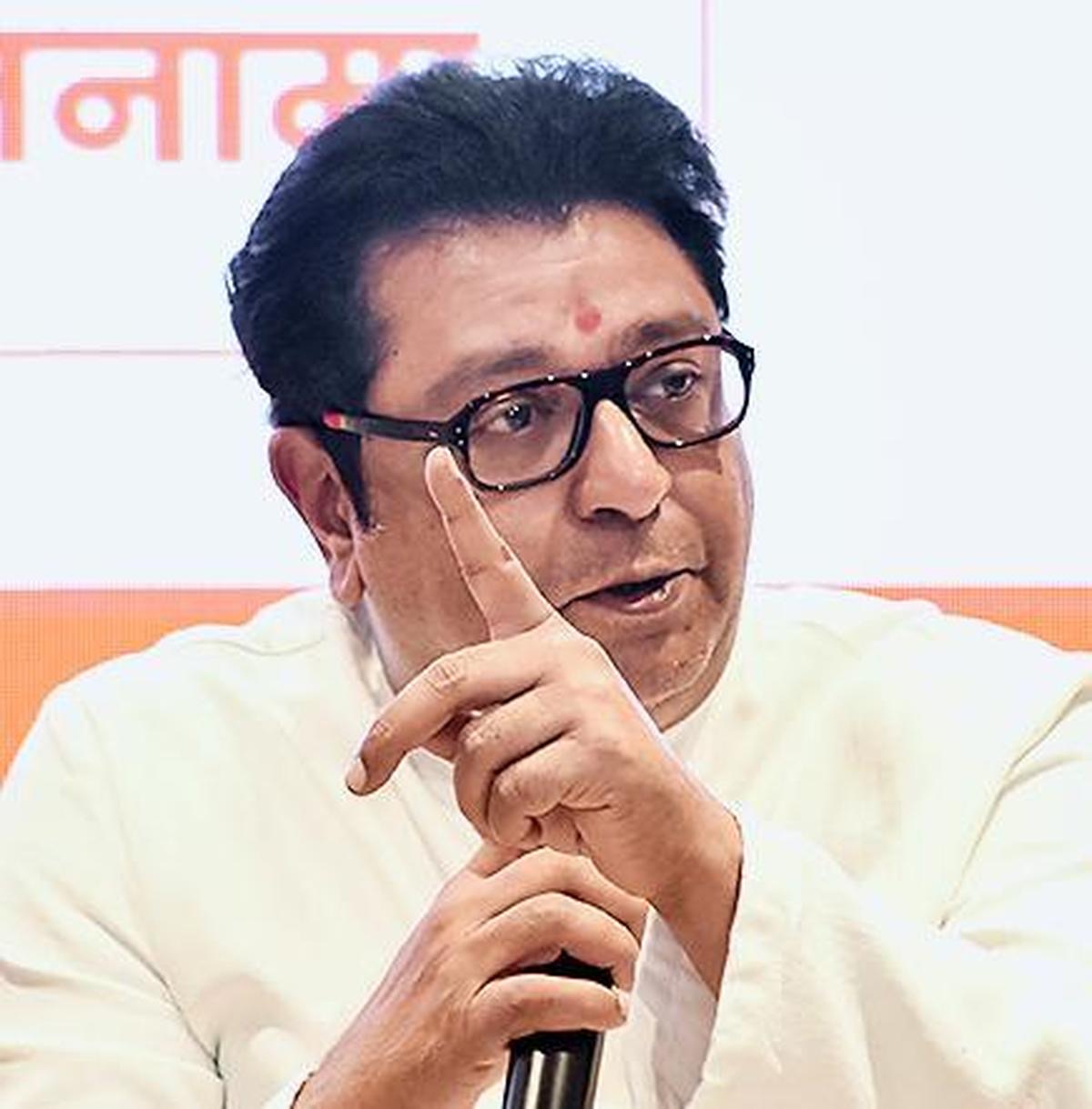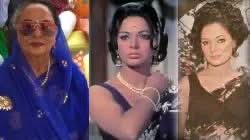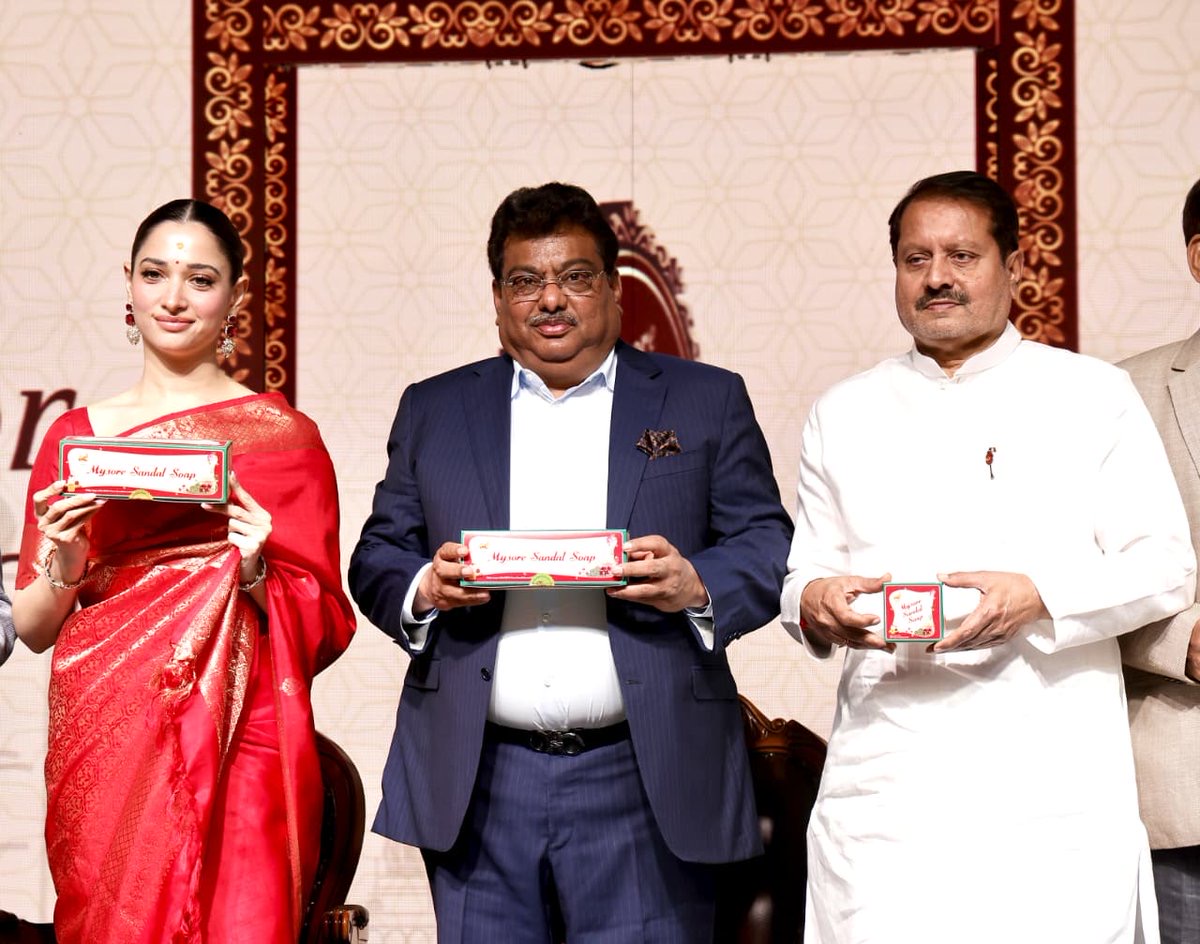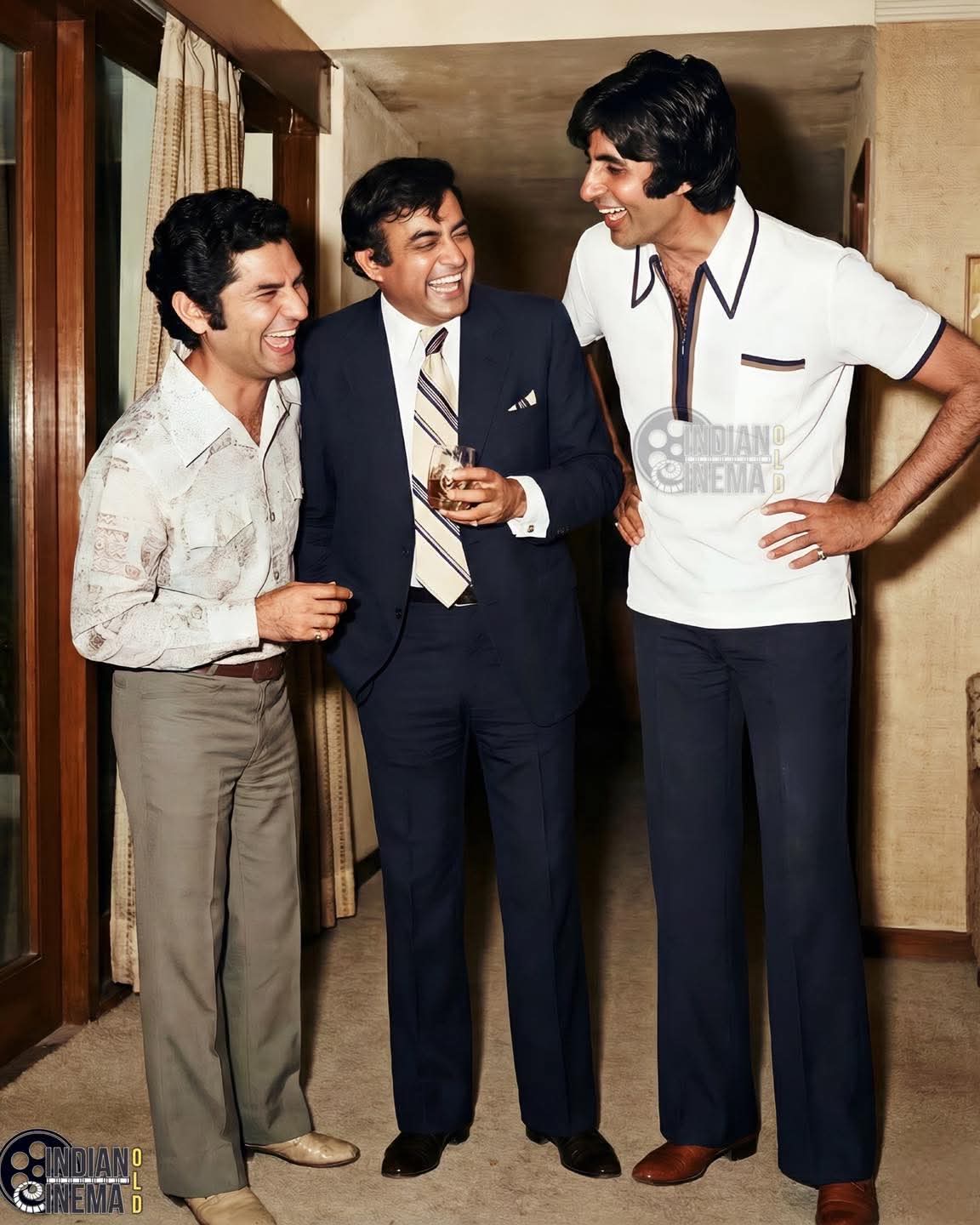Meet Hansa Jivraj Mehta Pioneer of women’s empowerment in India
Not all may be aware that Hansa Mehta was a pioneer of Women’s Empowerment in India. Hansa Jivraj Mehta actively participated in India’s freedom movement. She took part in activities such as picketing shops selling foreign clothes and liquor, in line with Mahatma Gandhi’s advice.
Hansa was an Indian figure who championed reform, social activism, education, independence, feminism, and writing. Her contributions to women’s education and empowerment continues to inspire generations of women to this day.
On April 4th, we reminisce her ir he her invaluable contributions to Indian society.
Hansa actively participated in India’s freedom movement, taking part in activities such as picketing shops selling foreign clothes and liquor, in line with Mahatma Gandhi’s advice.
She founded the Desh Sevika Dal in 1930, for which she and her husband were even arrested and jailed by the British in 1932. She was also elected to the Bombay Legislative Council.
After India’s independence, Hansa was among the 15 women who were part of the constituent assembly that drafted the Indian Constitution.
She played a crucial role as a member of the Advisory Committee and Sub Committee on Fundamental Rights, advocating for equality and justice for women in India.
Hansa held many prominent positions in India, including the presidency of the All India Women’s Conference from 1945 to 1946, where she proposed a Charter of Women’s Rights in her presidential address. She also served as the vice-chancellor of SNDT Women’s University, a member of the All India Secondary Board of Education, the president of the Inter University Board of India, and the vice-chancellor of Maharaja Sayajirao University of Baroda.
In addition to her work in India, Hansa also represented India on the Nuclear Sub-Committee on the status of women in 1946.
As the Indian delegate on the UN Human Rights Commission in 1947–48, she successfully advocated for changing the language of the Universal Declaration of Human Rights to include gender equality, from “all men are born free and equal” to “all human beings are born free and equal.” She later became the vice chairman of the Human Rights Commission of the United Nations in 1950 and a member of the Executive Board of UNESCO. Hansa Jivraj Mehta was a trailblazer and a champion for the rights of women and all human beings.
News input KV Raman


